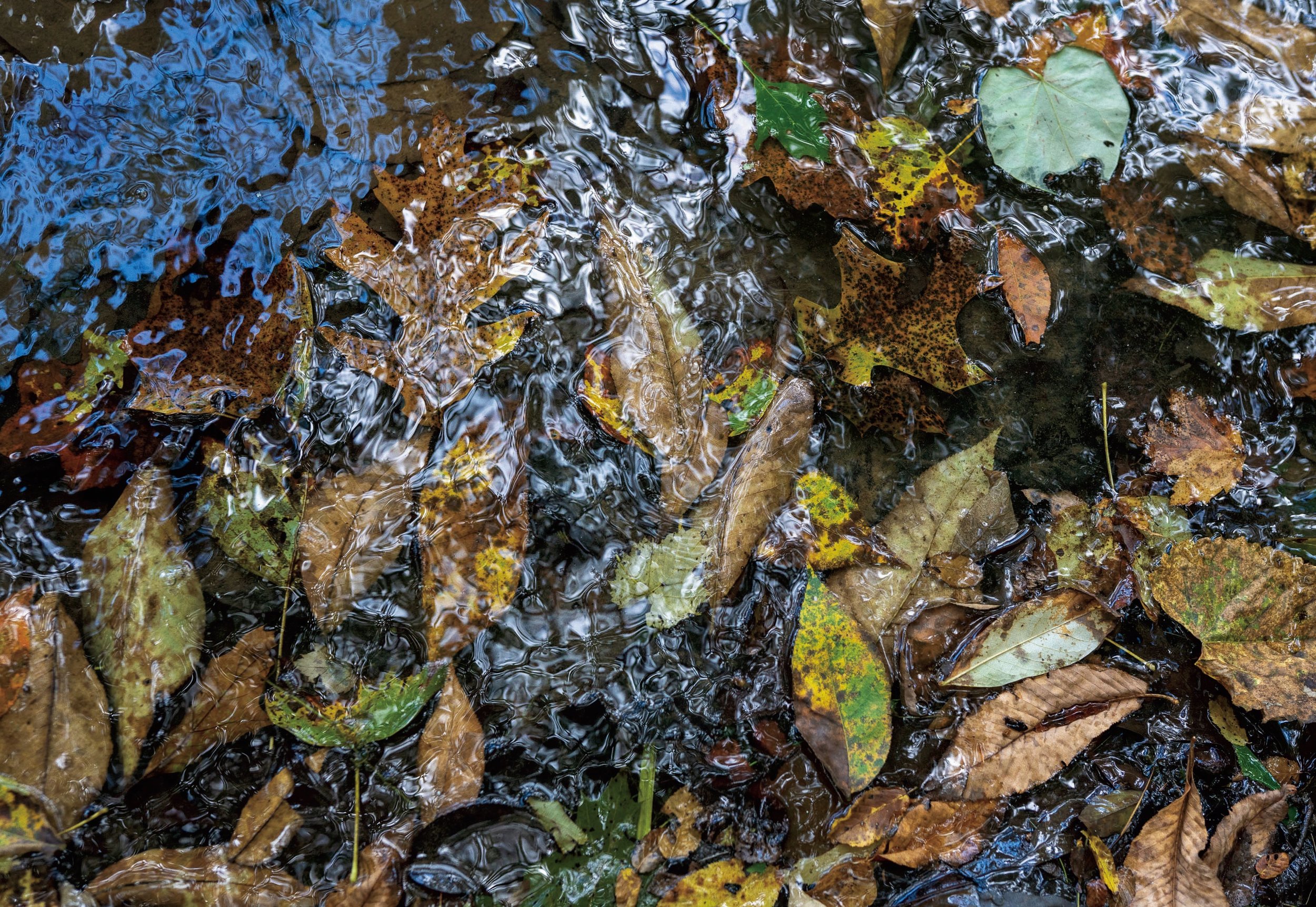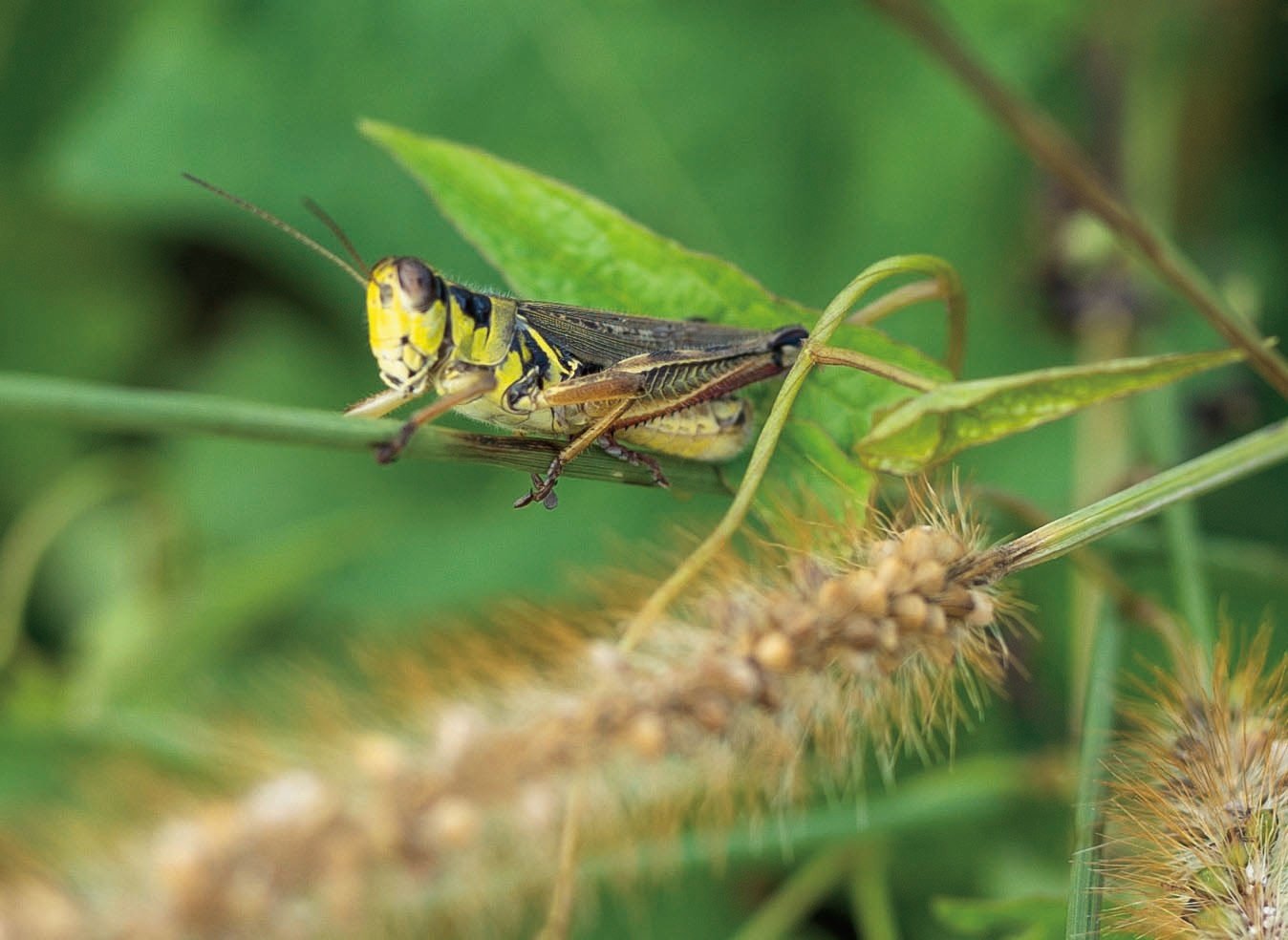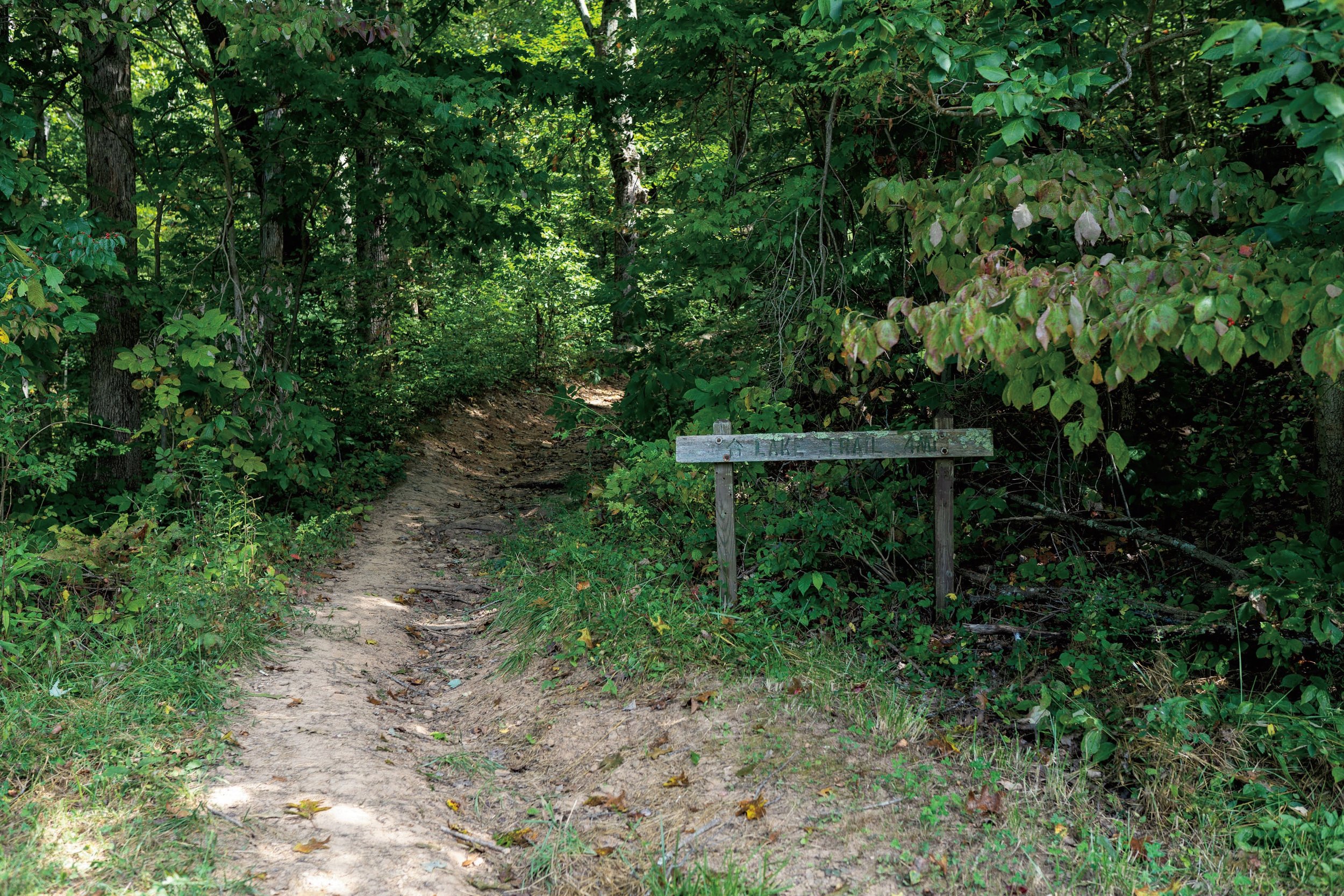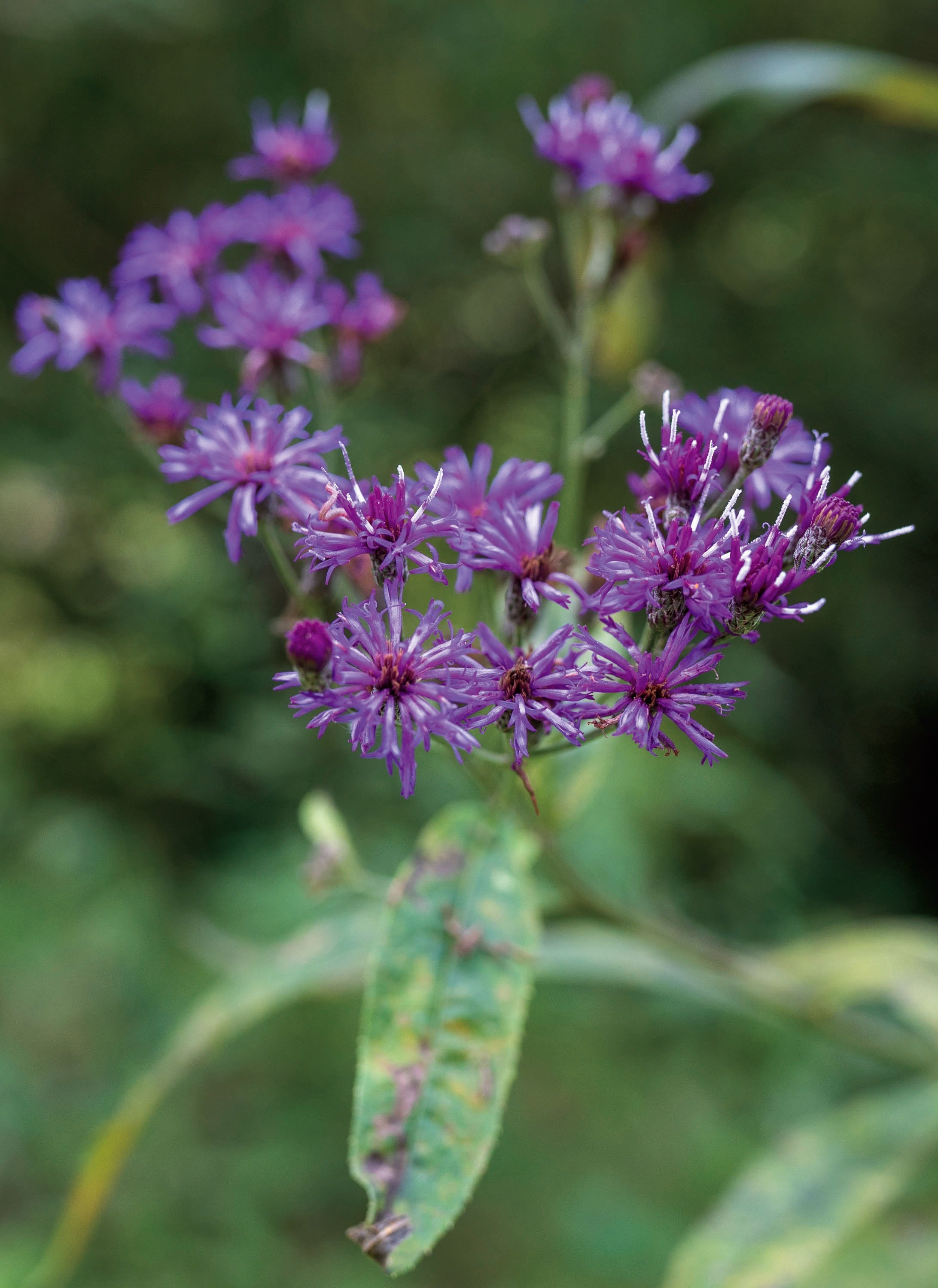Conversation About Conservation
Story by Amber Phipps
Photos by Pearl Spurlock
How students can enjoy the environment without destroying it.
Scene from Strouds Run.
There are always times, year-round, when people escape to the national parks and forests in Athens. They seek pleasure in the opportunities to hike through the woods, camp for a weekend or take a refreshing dip in the water at Strouds Run State Park.
Athens isn’t just a place of history, education and worn brick roads, but also a place of rolling hills and welcoming forests that stretch for miles. Sunny or cloudy days call for time spent exploring the various parks near Ohio University.
People can find places of sanctuary in neighboring wooded areas, and it can be easy to forget the beautiful forests right outside of campus that need the care and attention of students and community members.
Parks and forests such as Strouds Run, Burr Oak and Wayne National Forest can play a big role the Athens experience, and it’s important for students to encourage conservation. Conservation is a way for humans to keep nature protected so that it can be thoroughly enjoyed by everyone.
While this land is meant to bring peace to all, it’s important to recognize that this land was inhabited by Native Americans long before settlers took over. Strouds Run acknowledges the Adena Indians and the Shawnee Nation as tribes that previously inhabited the land, according to the Ohio Department of Natural Resources (ODNR). Burr Oak and Wayne National Forest also recognize the indigenous peoples that originally called this land home, according to ODNR and The United States Department of Agriculture.
But land acknowledgements are not enough, students are encouraged to enjoy nature while staying aware of any potential impacts, whether helpful or harmful. OU students can participate in the joy of being outdoors while being cautious of conservation.
Photos from Strouds Run
Mindy Bankey, an assistant director at the ODNR, gives advice to college students about protecting nearby parks.
“We have a lot of volunteer groups so we’re always looking for ways to improve that area,” Bankey says. There are many different conservation practices in which students can engage to improve the parks, Bankey says. Trail development and the cleaning of litter are two examples of activities achievable by students. Bankey also emphasizes a need for “workforce.”
Getting out into the parks and exploring new areas can be uncomfortable at times, especially without proper education about conservation. Steve Gray, another assistant director at the ODNR, gives a few tips for new explorers.
“I would seek a mentor,” Gray says. “Somebody who has been out to visit the state parks or has been out fishing or hiking to go along with them to learn about the areas and learn the techniques.”
Finding someone to explore with who is comfortable being outdoors is an easy way for someone to participate in nature’s beauty without strict education. People can always learn from others to avoid any fear of the unknown.
There are also ways people can become better acquainted with neighboring forests, which includes park safety. Conservation sand safety are important aspects when furthering your education about the outdoors. Students and young adults can learn to take care of nature while also taking care of one’s wellbeing.
“We try to encourage people to follow the rules, especially on trails. We ask them to stay on the trails, there is a reason they are designated and have signage,” Bankey says. “There are areas that we will encourage them to stay off of purposely for their own safety and for the safety of our staff.”
As freshmen and others who are unfamiliar with Athens’ surrounding areas seek adventures outdoors, it is beneficial for students to take necessary precautions. From experienced backpackers to new hikers, it is important for everyone to pack the necessary items. Also, cleaning up after oneself and staying on designated trails are some simple ways that students can practice being mindful while exploring forests and trails.
Jessie Lynch, a former undergrad OU student, spends her free time outdoors exploring and spent the past year traveling across the country and to various National Parks. She says she feels that college students are typically unfamiliar with the natural world around them.
“I feel like making sure that we’re keeping [the parks] safe, once you’re educated about that, it just has a deeper impact when you know what you’re protecting,” Lynch says.
Lynch dedicates much of her current life to exploring the parks, hiking and understanding how sacred nature is to the world. With her experience, she shares tips for students and others wanting to spend more time outdoors.
“Making sure that most of my skin is covered is something that I prioritize, along with making sure that I have everything that I need in my hiking bag,” Lynch says. “I keep a pocketknife with me and snacks and I always bring enough water.”
Taking advantage of the many forests and parks surrounding Athens can create new adventures and memories for people. The state of Ohio implemented new wildlife programs such as H20 and the Naturalist Program, which allow opportunities for students to navigate the outside world and learn about the ways wildlife can be protected. There are also student organizations at OU for various outdoor hobbies like hiking and plant research such as OU Climbers, Plant Biology Club, Geography Club and H.I.K.E.
Students can learn to appreciate the scenes of green around them while keeping themselves safe. There is importance in the way humans treat Earth, and the planet can prosper if the necessary steps are taken in the direction toward conversation and safety.
“Everything you do over there, whether it’s hiking, camping, hunting or fishing, there’s a set of rules and the rules have a conservation purpose and also a safety purpose,” Gray says.





